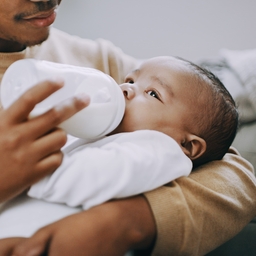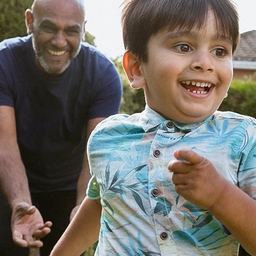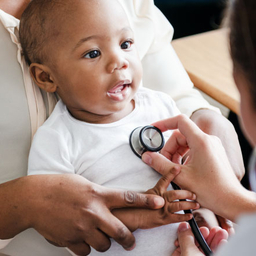Be Safe: Dispose of Unused Medicine
Keep your family safe by cleaning out your medicines. Has a bottle expired? No longer in use? It’s time to toss. Download our resource for a checklist to stay on track and to learn about safe disposal options.
The Poison Control Center (PCC) at CHOP offers poison prevention education and a 24-hour hotline for poisoning incidents.
Keep your family safe by cleaning out your medicines. Has a bottle expired? No longer in use? It’s time to toss. Download our resource for a checklist to stay on track and to learn about safe disposal options.
The Family Centered Prevention Training Program offers educational training to help prevent opioid and medication-related poisonings.

Hace poco, Consumer Reports publicó un artículo sobre la presencia de metales pesados, como plomo y arsénico, en la fórmula para bebés.
For a child who has trouble swallowing pills, follow these steps when you can’t get a liquid or chewable form of medicine.

Medical leaders from CHOP address common concerns about infant formula and the risk of heavy metal exposure.
The Poison Control Center at Children's Hospital of Philadelphia offers tips for using insect repellents safely

Safeguard your backyard with proactive information from CHOP’s Poison Control Center.
This Q& A helps you know when and how to call Poison Control and explains ways to help prevent poisonings.
Poison ivy, poison oak and poison sumac are common causes of seasonal, allergic contact dermatitis (rash). As many as seven out of every 10 people has a reaction after an exposure to these plants.

Lead poisoning can have a life-long impact on your child. Kevin Osterhoudt, MD, offers tips to help keep your child safe – especially if you live in an older home.